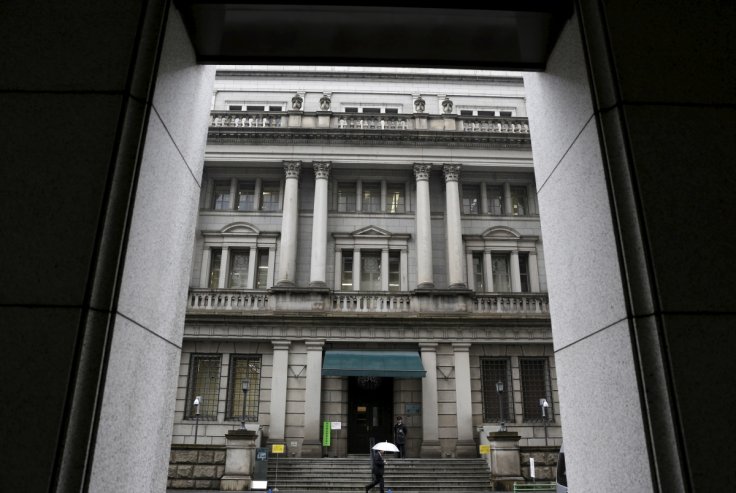The new board member of the Bank of Japan, Seiji Adachi stated on Thursday providity liquidity to the markets was a much better way of response in case of an economic crisis, such as that posed due to the coronavirus or COVID-19 pandemic, than cutting the interest rates.
The BOJ has eased the monetary policy earlier this month by ramping up all the purchases of the risky assets, joining all the central banks around the world for their effort to prevent the global recession.
BOJ is under pressure to expand stimulus again in April

"If the economy were to face a crisis, what's important is for the central bank to provide ample liquidity rather than move its interest rate targets," Adachi said in his inaugural news conference. The BOJ must be ready to take additional steps in April if infections spread faster than expected in Japan and put companies under further strain, he said.
"For now, I don't think it has gone that far. But developments change quickly, so we must be vigilant," said Adachi, an economist formerly with Marusan Securities who is seen as a proponent of aggressive monetary easing. He replaced Yutaka Harada, whose term expired on Wednesday.
The BOJ is under pressure to expand stimulus again in April, as the broadening fallout from the pandemic adds to the pressure on an already weakening economy. Adachi nevertheless said that the BOJ had room to push rates deeper into negative territory, a move that could help stimulate growth once Japan succeeds in containing the coronavirus. But for now the focus should be on helping companies weather funding strains, he said, adding that the BOJ could boost its buying of exchange-traded funds (ETF) and government bonds.
Adachi disavowed the proposal he had made
"When the virus is contained, demand could rebound. As such, it's hard to predict how much the BOJ could deepen negative rates or how much further it can ramp up stimulus," he said. Under a policy dubbed yield curve control (YCC), the BOJ guides short-term rates at -0.1 percent and the 10-year government bond yield around zero percent. It also buys government bonds and risky assets such as ETFs as part of efforts to funnel money to the economy.
Adachi disavowed the proposal he had made as a private economist that the BOJ buy foreign bonds, saying he no longer saw this as a monetary tool as it would interfere with the finance ministry's jurisdiction on currency policy. He also said there were questions on whether aggressive money printing alone could prop up inflation expectations. "We need to look carefully at whether recklessly printing money would push up inflation expectations at a time like this, when inflation is slowing due to the coronavirus outbreak but remains in positive territory," Adachi said.
(With agency inputs)








